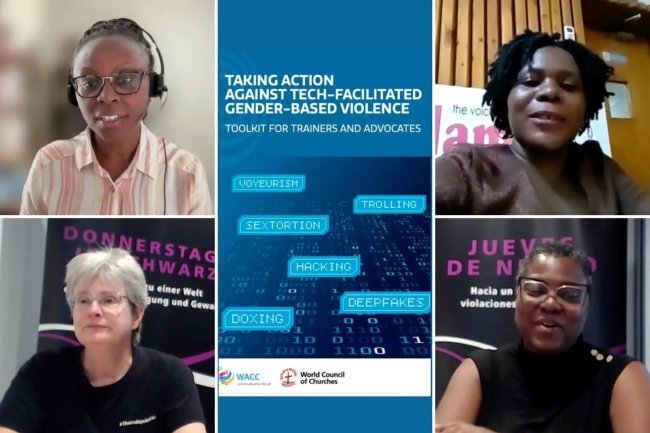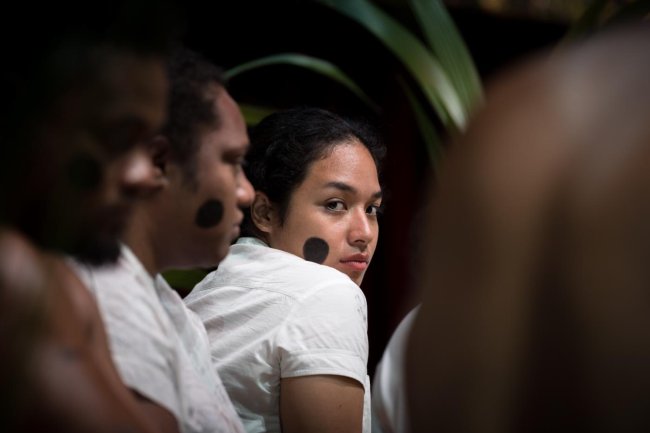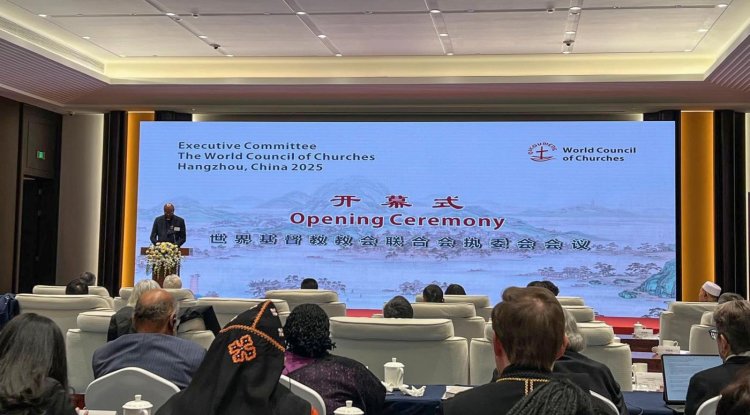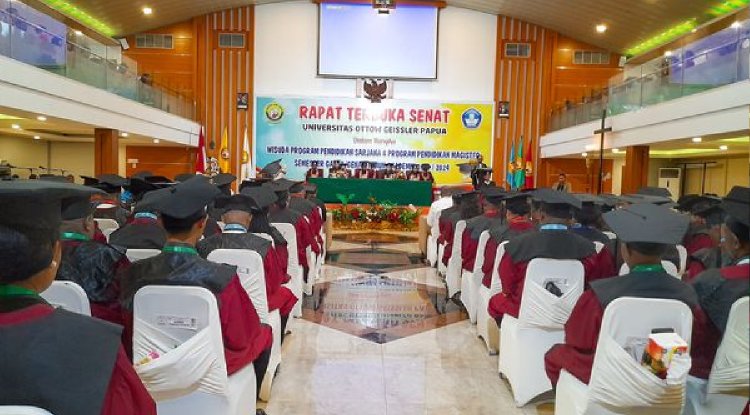ADVOCACY TRAINING IN GUYANA DRIVES ACTION PLAN FOR THE RIGHTS OF PERSONS WITH DISABILITIES
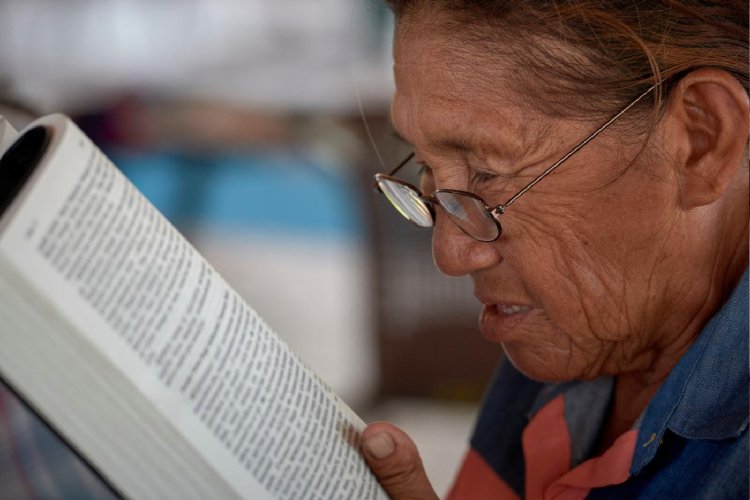
Advocacy training focusing on the rights of persons with disabilities in the Caribbean region has resulted in a one-year action plan to enhance engagement with the UN process. The event took place from December 16 to 20 in George Town, Guyana, and was attended by church workers and persons with disabilities.
The meeting was organized by the World Council of Churches (WCC) Ecumenical Disability Advocates Network. Participants discussed the importance of grassroots advocacy in promoting the rights of persons with disabilities.
Chairperson of the UN Committee on the Rights of Persons with Disabilities, Gertrude Oforiwa Fefoame, emphasized that this gathering was a valuable opportunity to affirm the dignity of persons with disabilities.
"This is not just about policy or law. It is about how we, as faith communities, can embody love, respect, and equality in practical ways," said Fefoame.
WCC regional coordinator for the Caribbean, Rev. Dr. Gordon Earls Cowans, highlighted that persons with disabilities are often marginalized in church communities.
"They are an essential part of the congregation. Unfortunately, they frequently face accessibility challenges and discrimination," Cowans said.
He added that the church plays a significant role in creating an inclusive environment for everyone.
"It is deeply regrettable that even in the house of God, the most vulnerable still face barriers," he added.
WCC program executive, Angeline Okola, stated that the event aimed to strengthen the link between the UN convention and community-level advocacy movements.
"We engage church networks and community organizations because they have firsthand experience in advocating for disability inclusion," Okola explained.
Former General Secretary of the Council for World Mission, Rev. Dr. Collin Cowan, shared his personal experience as a parent of a child with mild intellectual disabilities.
"This journey has been full of challenges and emotions. Our daughter also faces many barriers in education and employment," Cowan revealed.
Through this training, participants are expected to drive real change and strengthen advocacy for the rights of persons with disabilities in their communities.
What's Your Reaction?








